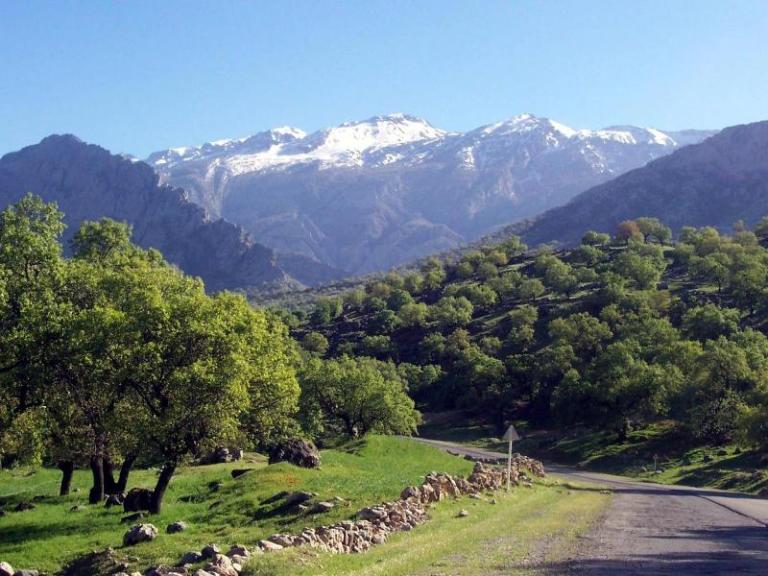
(Wikimedia Commons)
What follows is the ninth (and penultimate) installment of an article that I originally wrote for Richard C. Martin, et al., eds., Encyclopedia of Islam and the Muslim World, 2 vols. (New York: Macmillan Reference USA, 2004), on the subject of “Muslim Identity”:
Iran, the ancient Persia, resembled Egypt in its long and distinguished history and relatively clear borders. It spoke a distinct language rooted deep in antiquity. Perhaps most importantly, it was distinguished from the Sunni Ottomans to the west and the Sunni Uzbeks and Mughals to the east by the Shi‘i form of Islam that it had adopted after the founding of the Safavid dynasty in 1501. When the Shi‘i-leaning Safavids assumed power, Iran was mostly Sunni, but descendants of ‘Ali and the Shi‘i ‘ulama’ enjoyed prestige and privileged status among ordinary people. The Safavids themselves were originally Turkic speaking, possibly even of Kurdish extraction, so Persian nationalism as such was not acceptable to them as a basis for fostering unity within their domain and between themselves and their subjects. A national transition from Sunni to Shi‘i suggested itself to them, therefore, as both desirable and reasonably easy, and, thus, within the first century of Safavid rule, an orthodox form of Twelver Shi‘ism was established as the state religion.
In the sixteenth century, accordingly, Iran was already far along the path to becoming what we would today recognize as a national state. There has been relatively little tension between Iranian patriotism and Islamism as foci of national identity, since the two are so closely related. Despite strong interest in Persia’s ancient past (as reflected, for example, in Firdawsi’s epic Shahnameh) and with some fluctuations of emphasis, Islam has maintained its primacy in Iranian self-identification,. The late shah, for instance, launched a campaign to glorify pre-Islamic Iran. Leaders of the Islamic Revolution denounced the effort as a return to paganism and even spoke of destroying the ruins of Persepolis (as, more recently, the Afghan Taliban obliterated the Buddhas of Bamiyan). But an unmistakably Iranian patriotism thrives even amidst the explicitly religious rhetoric favored by leaders of the Islamic Republic.
***
Posted from New York City










